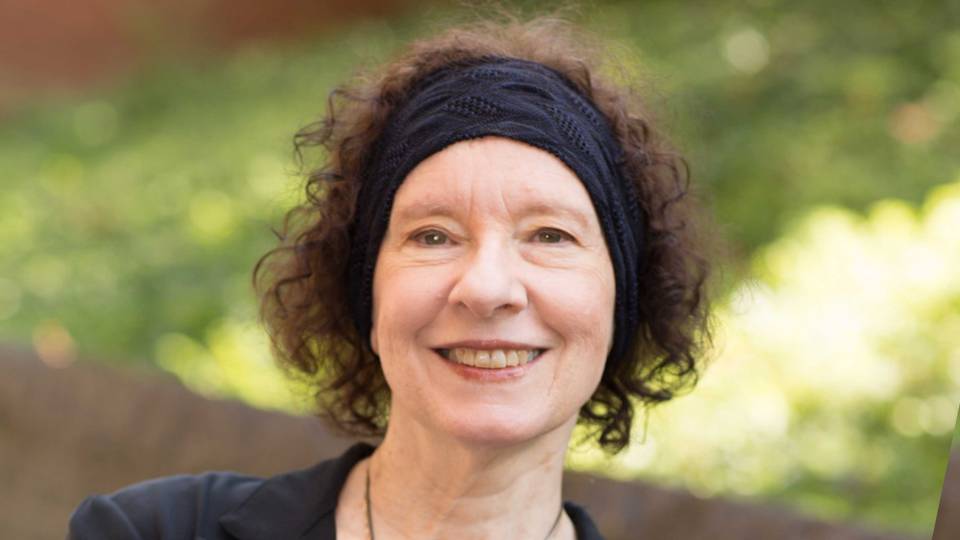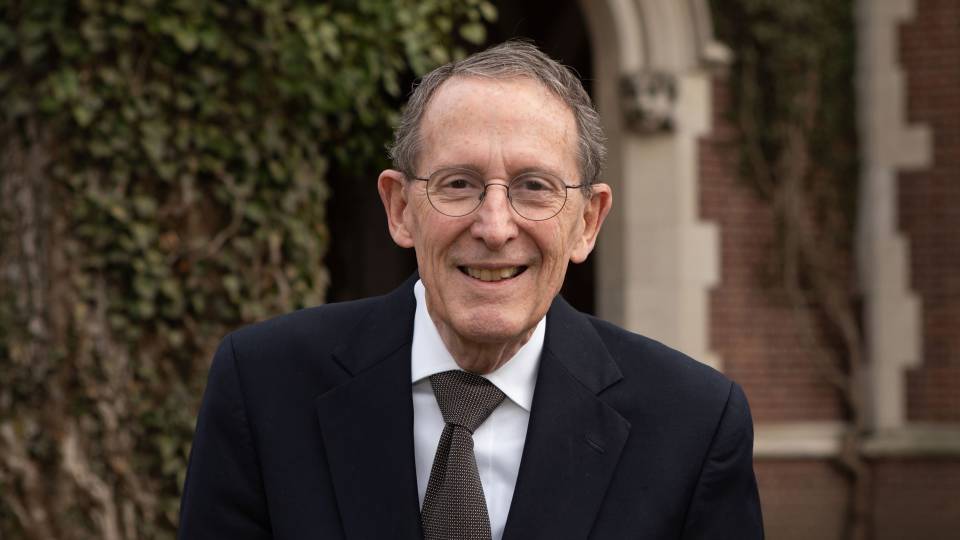Four Princeton University faculty members have been named recipients of the Graduate Mentoring Awards by the McGraw Center for Teaching and Learning and will be honored during the Graduate School's Hooding ceremony Monday, June 3, on Cannon Green.
They are Alison Gammie, a senior lecturer in molecular biology; Michael McAlpine, an assistant professor of mechanical and aerospace engineering; Gideon Rosen, the Stuart Professor of Philosophy; and Viviana Zelizer, the Lloyd Cotsen '50 Professor of Sociology.
The McGraw Center, together with the Graduate School, instituted the mentoring award in 2002 to recognize Princeton faculty members whose work with graduate students is particularly outstanding. It is intended to honor faculty members who nurture the intellectual, professional and personal growth of their graduate students.
Graduate students nominate faculty members for the award and, along with faculty members, serve on the committee that selects the winners. One faculty member in each academic division (engineering, humanities, natural sciences and social sciences) is chosen. In addition to being honored at the ceremony, each receives a $1,000 award and a commemorative gift.
Gammie, who came to Princeton as a visiting research fellow in 1992 and became a lecturer in 1998, focuses her research on the role of mutant DNA mismatch repair proteins in the development of cancer. Normally, these proteins act as a kind of biological spell-check that ensures the DNA of genes is free of errors, she said. She has recently taught inquiry-based laboratory courses for undergraduate and graduate students.
"Dr. Alison Gammie is mentoring personified," one student wrote in nominating Gammie for the award. "Every graduate student in the entire Department of Molecular Biology knows that when times get hard and you're in need of someone to talk to about research, your relationship with your adviser, career options, practicing for generals or preparing for a job talk, her door is literally always open."
McAlpine, who joined the Princeton faculty in 2008, focuses his research on nanotechnology-enabled approaches to bio-interfacing materials, for fundamental and applied applications in the biological and energy sciences. He has recently taught classes including an introduction to nanotechnology and mathematics in engineering.
"Professor McAlpine told me in our first meeting that he encourages us to pursue big goals," one student wrote. "To achieve a big goal, novelty is essential, and therefore the very first thing I learned from Professor McAlpine was creativity. Instead of merely giving us a final goal of a project, Professor McAlpine always encourages me to think more about the project, think about the potential uniqueness of what I am doing, how I can make my work novel and what are the novel applications."
Rosen, who joined the Princeton faculty in 1993, focuses his research on metaphysics, epistemology and moral philosophy. He is also chair of the Council of the Humanities. He received his Ph.D. from Princeton in 1992. Rosen teaches classes including "Art and Value," "Metaphysics — A Systematic Overview of Ontology" and "Philosophy of the Social Sciences: Moral Responsibility and Social Psychology."
"It wouldn't be inappropriate to think of Gideon as the hub around which the philosophy department rotates," one student wrote. "He is the person that you go to when you want to try out an argument; he's the person who delivers the devastating objection to your paper (before helping you figure out how to fix it); and he's the one who can reliably illuminate the deepest, darkest corners of contemporary philosophy."
Zelizer, who joined the Princeton faculty in 1988, specializes in historical analysis, economic processes, interpersonal relations and childhood. She has published books on the development of life insurance, the changing economic and sentimental value of children, and on the place of money in social life. She teaches classes including "Money, Work and Social Life," "Gender and Economic Activity" and "Economic Sociology."
"Viviana's research has given rise to an entirely new domain of economic sociology and has inspired a distinct line of sociological inquiry," one student wrote. "Due to her academic stature, one might expect her to be off-putting, pretentious or unable to connect with students. Nothing could be further from the truth. Viviana simultaneously opens her students' eyes to an innovative way of studying economic activity and remains genuinely open to their input, criticism and critique."


